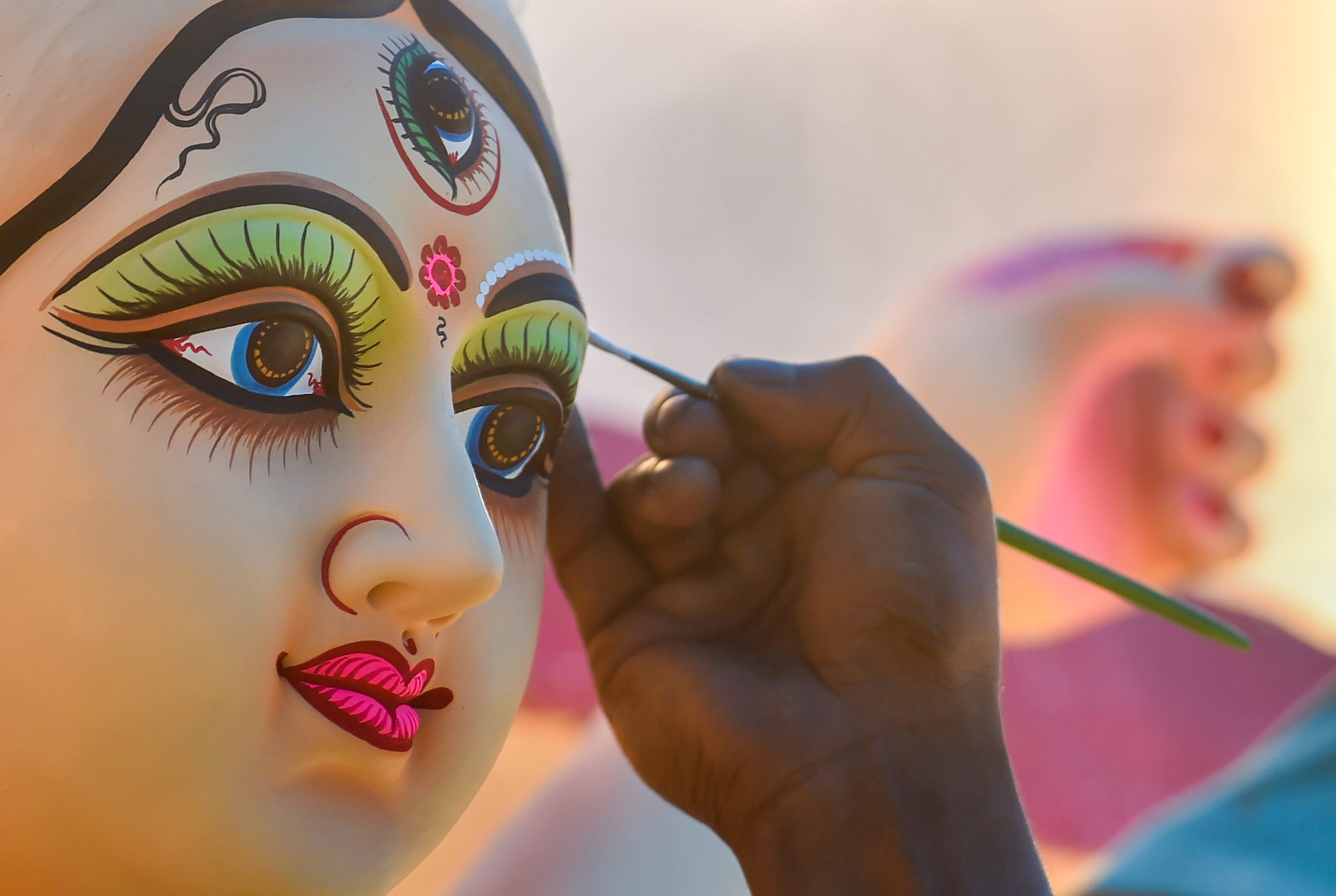Over the years, the dictionary has meant many things to many people. For a nineteenth-century French artist who belonged to the Romantic school, the natural world itself was a dictionary that lent words for human civilization to use. The dictionary, it could be argued, also holds a mirror to modernity. After all, the dictionary serves as a repository of words and their meanings. But the meaning of words is never constant. The dictionary meaning of a word or phrase can thus differ from what it means in real life today.
As the festive season dawns upon Bengal, beginning with the Durga Puja starting next week, and then ending, months later, with Saraswati Puja — the noisy celebration of Kali Puja falls in between — it could be a good time to examine what, for instance, the Oxford Advanced Learner’s Dictionary has to say about the term ‘festival’. One of the meanings that the eighth edition of the book throws up suggests that a festival is a “day or period of the year when people stop working to celebrate a special event, often a religious one.” Bengal’s chief minister most certainly believes in the dictionary meaning of ‘festival’. Why else would she be amenable to granting extended Puja breaks to government employees? A festival, Mamata Banerjee concurs, should be an occasion for not just doling out grants but also a period of cessation of work. Durga Puja, arguably the most important event in the Bengali calendar, defies the dictionary in revealing ways. The goddess is worshipped for four days but this is not a religious occasion only. It is a social event which, in recent years, is being turned into an orgy of consumerism. The devi’s arrival is thus a doubly joyous occurrence in this part of the world. Families, having recovered somewhat from the fatigue of shopping for both necessities and luxuries — clothes, jewellery, savouries and, these days, mobile phones, laptops, other consumer goods, even automobiles — finally allow themselves to dip into the more tangible pleasure of enjoying the company of near and dear ones. Durga and her family are eagerly awaited by Bengal’s cultural and gastronomic fraternities. Theatres screen new films while soirees last long into the night, keeping Calcutta’s neighbourhoods awake. This is also the season for wolfing down delicacies, and Calcutta’s restaurants seldom disappoint in this aspect.
But is the Durga Puja truly sarbajonin — representative of all the shades that make up Bengal’s diverse, colourful social fabric? Perhaps not. For demons such as divisions and prejudices are not entirely vanquished even during the Pujas. The accommodation of Calcutta’s sizeable minority community in the festivities is often frowned upon. Some years ago, the decision by sex workers to organize their Durga Puja in public was met with stiff resistance. Things are changing, but changing too slowly and the deity does not yet belong to all. She must, for that would make Durga Puja and other such festivals truly inclusive. The meaning of some words, such as sarbajonin, must not change.










